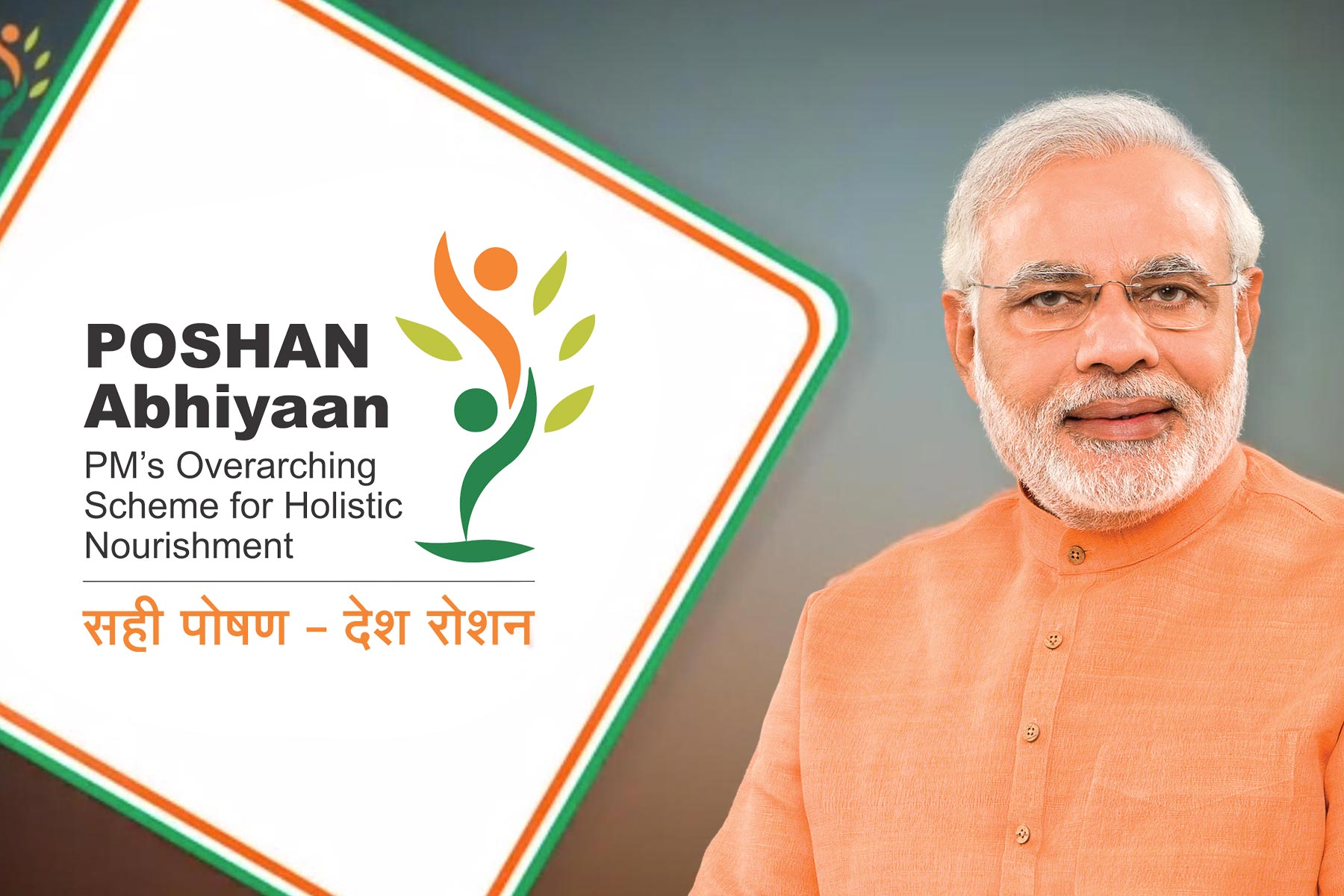In a commendable move towards battling child malnutrition, the Indian government, as part of its 'Poshan Abhiyan', has introduced a standardized national protocol. This protocol, named the 'Protocol for Management of Malnutrition in Children', is a strategic initiative aimed at identifying and providing comprehensive care to malnourished children. Union Minister for Women and Child Development, Smriti Irani, unveiled this groundbreaking framework designed to tackle malnutrition at its roots.
Child malnutrition has been a persistent challenge in India, demanding a focused and systematic approach. The new protocol is a comprehensive strategy to manage malnutrition effectively, offering detailed guidelines for identification and management at the Anganwadi level. This approach aims to bring about a positive change in the lives of malnourished children across the nation.
Key Components of the Protocol:
1. Appetite Testing for Medical Complications: One of the notable features of the protocol is the introduction of appetite testing. This innovative measure will assess the presence of medical complications in malnourished children, enabling early intervention and targeted care.
2. Buddy Mother Concept:
Another groundbreaking concept within the protocol is the 'buddy mother' initiative. Under this, mothers of healthy babies will guide and support mothers of malnourished children at Anganwadi centres. This peer-to-peer approach is anticipated to enhance understanding and adherence to nutritional guidelines.
3. Community-Level Intervention:
Traditionally, treatment for severely malnourished children was limited to facility-based approaches. The new protocol extends the scope of intervention to the community level. This ensures that malnourished children receive care and support closer to their homes, enhancing accessibility and coverage.
Impact on Growth Monitoring: The protocol places significant emphasis on the importance of growth monitoring data in identifying malnourished children. By leveraging growth data, the government aims to take a proactive approach to preventing malnutrition through timely and targeted interventions.
Holistic Approach to Prevention: The launch of this protocol signifies a substantial stride in the fight against child malnutrition in India. It aligns with the government's commitment to preventing malnutrition through a holistic approach. By integrating innovative measures, community involvement, and data-driven decision-making, the protocol aims to revolutionize child nutrition across the country.
Role of Anganwadi Centers: Anganwadi centres play a pivotal role in the successful implementation of the protocol. These centres, serving as the frontline in child healthcare, will now have a more robust framework for managing malnutrition. The guidelines provided in the protocol empower Anganwadi workers to make informed decisions regarding referral, nutritional management, and follow-up care.
The introduction of the 'Protocol for Management of Malnutrition in Children' is a landmark step towards ensuring the well-being of malnourished children in India. This strategic initiative, embedded within the 'Poshan Abhiyan', reflects a commitment to transformative change. As the protocol takes root, it is anticipated that malnourished children will receive timely, effective, and community-based care, paving the way for a healthier and nourished future generation

 Embedded in 'Poshan Abhiyan', this initiative signifies a commitment to transformative change. It aims to provide timely, effective, community-based care for malnourished children, nurturing a healthier future generation.
Embedded in 'Poshan Abhiyan', this initiative signifies a commitment to transformative change. It aims to provide timely, effective, community-based care for malnourished children, nurturing a healthier future generation.










.jpeg)











.jpg)








